
17-Year-Old Girl Hospitalized with Kidney Failure: Doctors Warn Against 3 Common Habits Among Youth
At just 17 years old, Lan—a bright, cheerful high school student—was rushed to the hospital after experiencing persistent fatigue, swelling in her legs, and nausea. Her condition rapidly deteriorated, and doctors delivered devastating news: she was suffering from advanced kidney failure. Her kidneys had lost nearly all function, and without immediate dialysis, she would not survive. Even with treatment, she would need lifelong dialysis or a kidney transplant.
Lan’s story shocked her community. She wasn’t someone anyone would expect to be seriously ill. She didn’t drink alcohol or use drugs. But as doctors investigated her case, they discovered three dangerous habits—ones that many young people share—that had likely contributed to her condition.
1. Chronic Dehydration Due to Low Water Intake
The first red flag was Lan’s daily water intake—barely one or two glasses a day. Like many teens, she was constantly on the move, spending hours in school and extra classes, often forgetting to hydrate. Instead of water, she relied heavily on bubble tea, sugary drinks, and iced coffee. Over time, insufficient water caused her kidneys to work harder, leading to long-term damage. According to nephrologists, the kidneys rely on adequate hydration to filter waste and toxins from the blood. When water intake is chronically low, it can result in the accumulation of harmful substances and eventually kidney damage.
2. Overuse of Painkillers and Supplements Without Medical Advice
The second habit doctors identified was Lan’s frequent use of over-the-counter painkillers. She had been suffering from menstrual cramps and headaches, so she often took non-steroidal anti-inflammatory drugs (NSAIDs) like ibuprofen without consulting a doctor. In addition, she took various beauty supplements promoted online, believing they would improve her skin and hair. Unfortunately, many of these products contained unknown or unregulated ingredients. Over time, these substances placed enormous stress on her kidneys. Doctors emphasize that casual or prolonged use of painkillers and unregulated supplements is a growing concern, especially among young people who are influenced by social media trends.
3. Irregular Sleep and High-Stress Lifestyle
Lan’s lifestyle was also a factor. She was an ambitious student, often staying up past midnight to study. Combined with exam pressure, irregular meals, and stress, her body was constantly in a state of fatigue. This high-stress lifestyle weakened her immune system and added strain to her internal organs, including the kidneys. Sleep deprivation, in particular, disrupts hormonal balance and blood pressure—both critical to kidney health. Sadly, this “no sleep, work hard” culture is common among teenagers today, who are under pressure to perform academically and socially.
Lan’s diagnosis was a wake-up call—not just for her, but for many of her peers. Once an active girl who dreamed of becoming a teacher, she now spends hours each week hooked up to a dialysis machine. Her future will be shaped by her health condition, a consequence of years of unintentional self-neglect.
Doctors urge young people to make simple, preventative changes: drink at least 1.5 to 2 liters of water daily, avoid taking medication or supplements without guidance, and prioritize sleep and stress management. These habits, though seemingly small, can make a life-saving difference.
Lan is now raising awareness among students about the importance of kidney health. Her message is clear: “Take care of your body while you still have the chance. Don’t wait until it’s too late like I did.”
Her story is a heartbreaking yet powerful reminder: youth is not a shield against chronic illness. The choices we make every day—especially the habits we ignore—can quietly shape our future health.
News in the same category


Poop and Colon Cancer: Warning Signs To Look For And When To Seek For Help
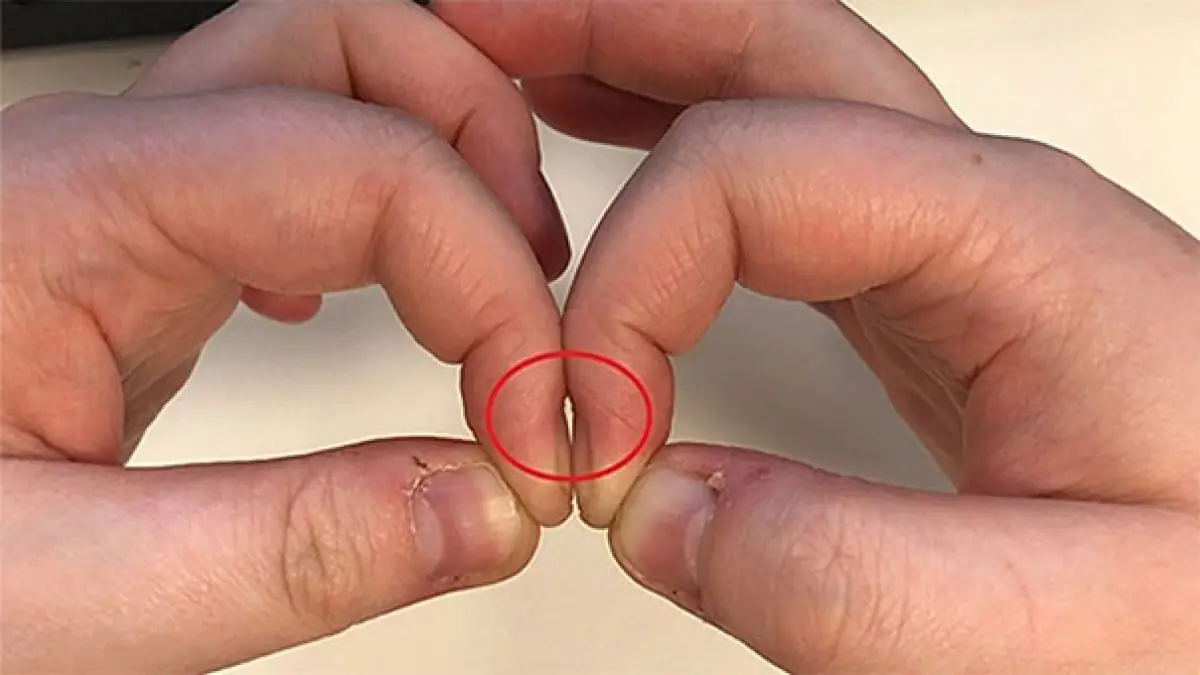
Placing Two Fingertips Together to Detect Lung Cancer: A Quick Test Doctors Use
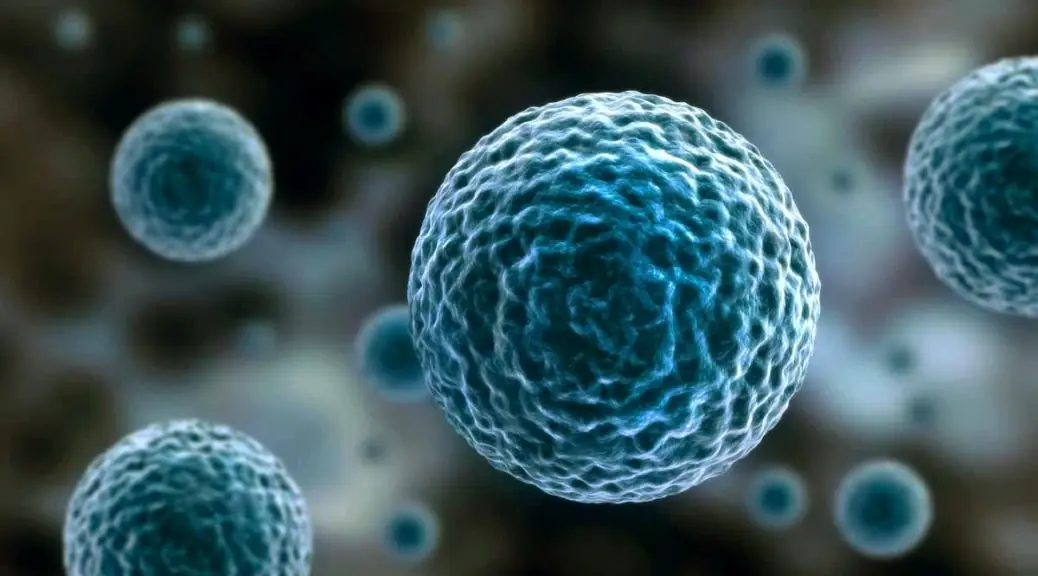
26-Year-Old Woman Dies After Eating Hot Pot: Warning About Two Things That Should Never Be Shared While Eating Hot Pot
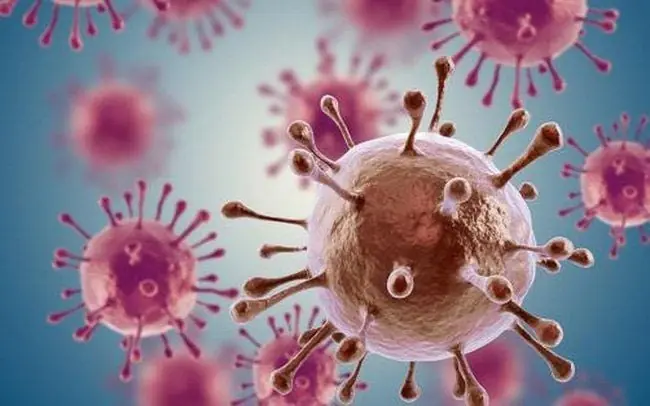
Feeling pain in these “areas” could mean cancer cells are ‘awakening’ — both men and women shouldn’t ignore it
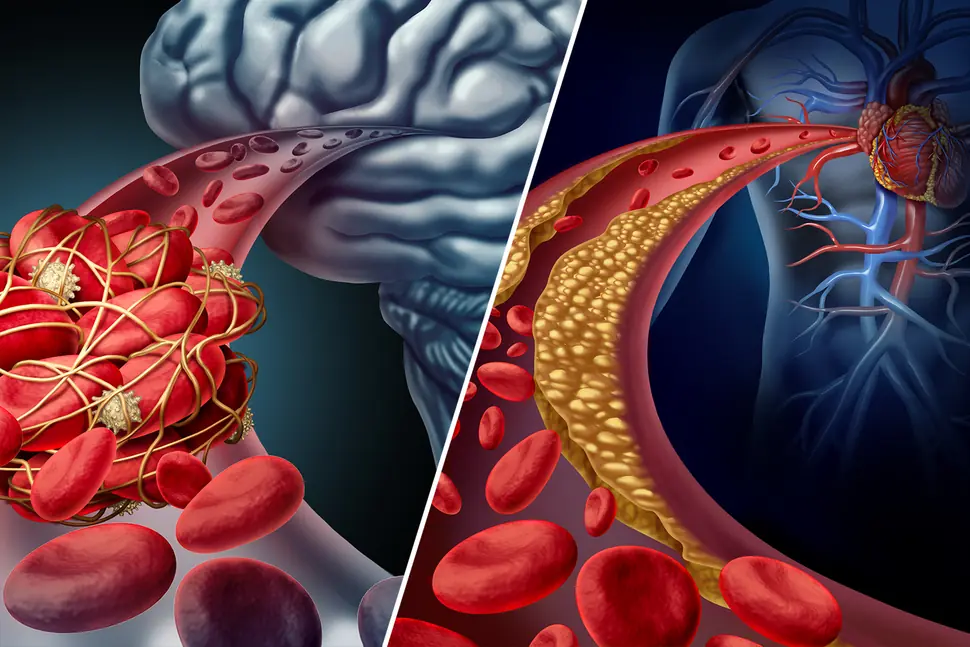
Ginger Tea After 50: A Gentle Daily Ritual to Support a Healthy Heart
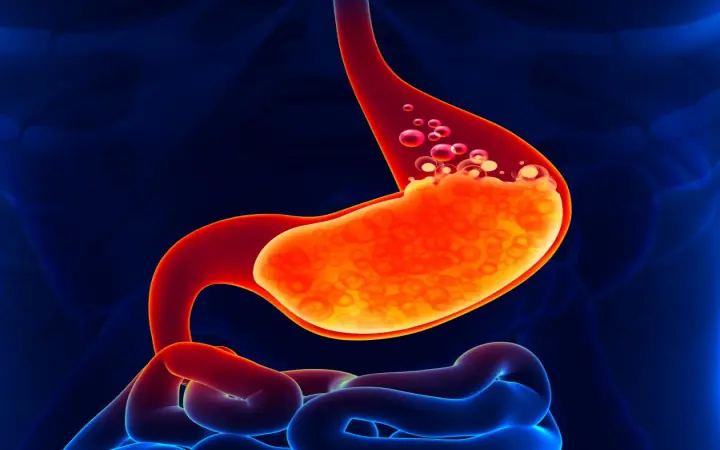
Inside the Chemical War Zone: How Your Stomach Handles Hydrochloric Acid Without Self-Destructing
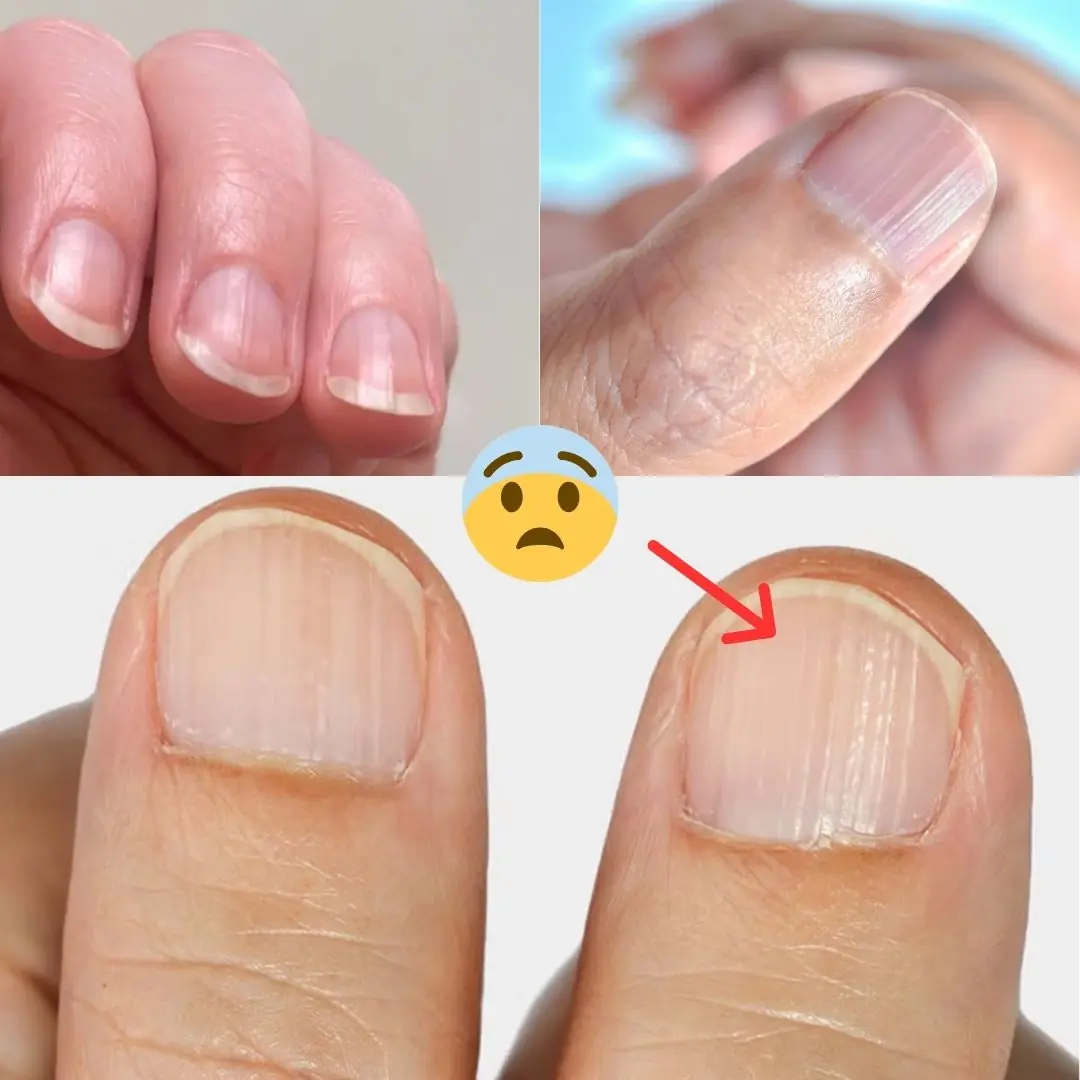
Doctor Reveals 7 Health Issues Hidden in Your Nails
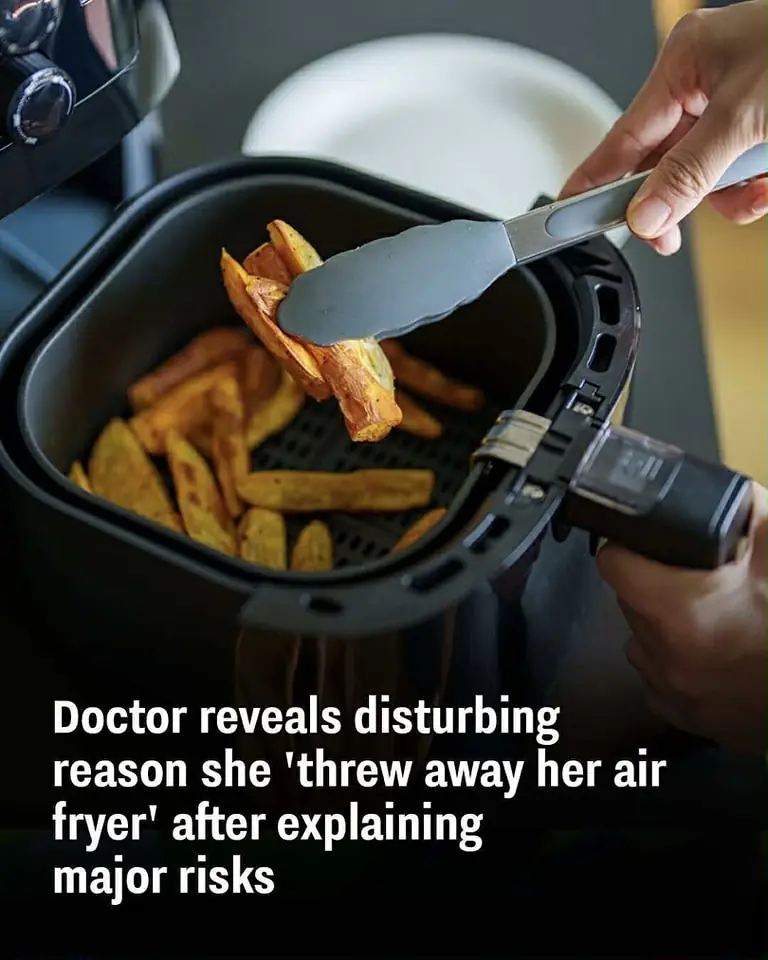
Experts caution against using air fryers instead of ovens
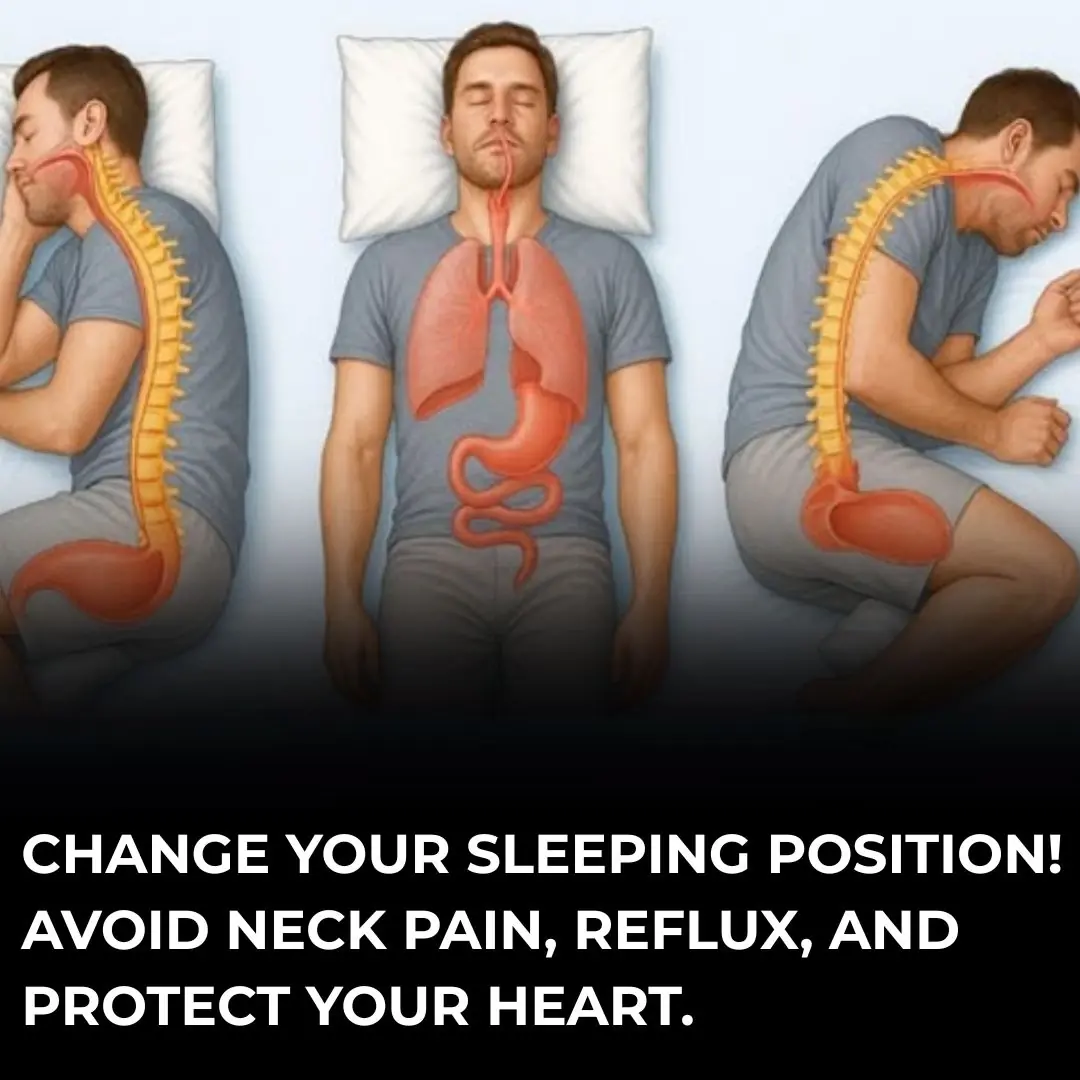
Experts Reveal The Sleep Position That Could Be Secretly Harming Your Health
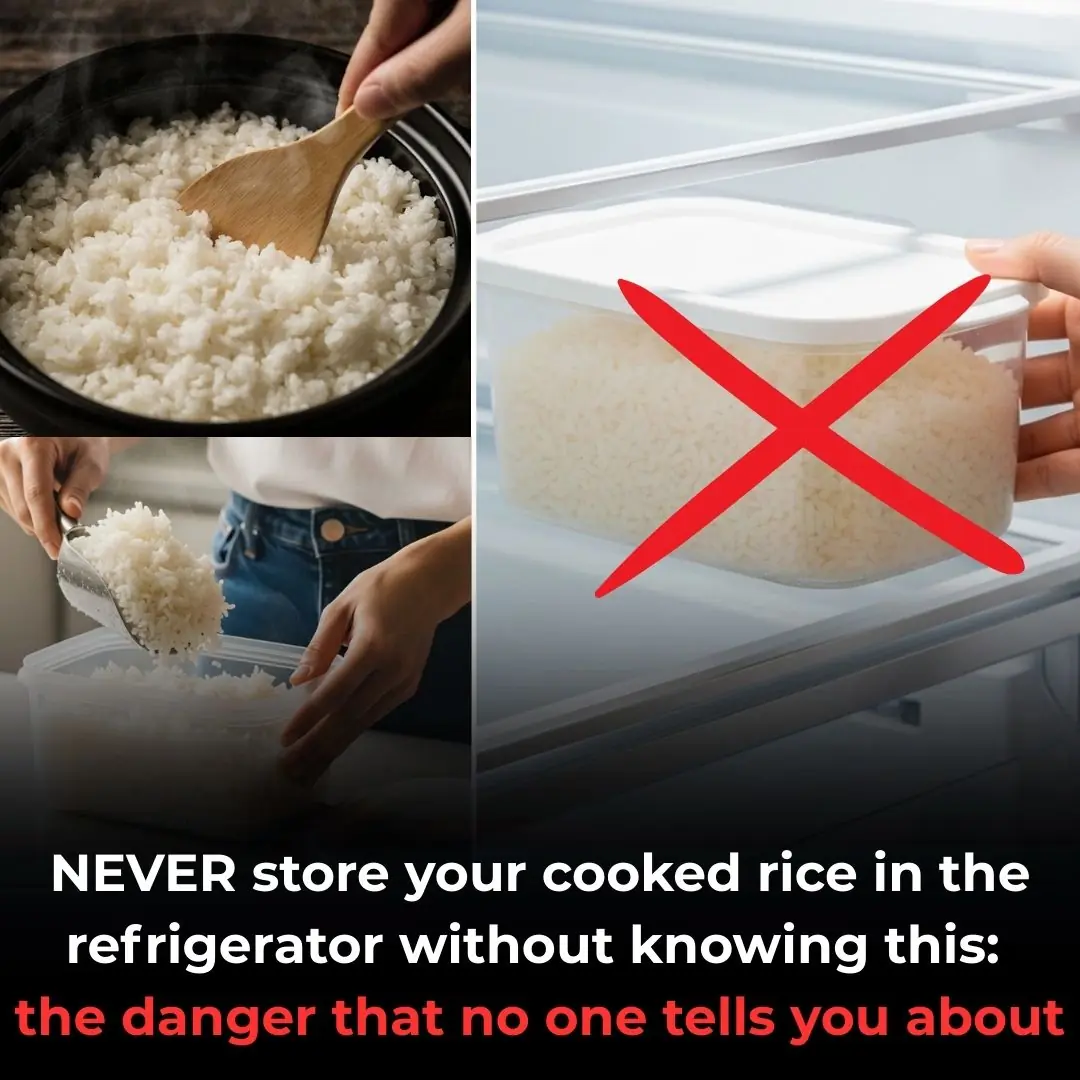
Never store your cooked rice without knowing this
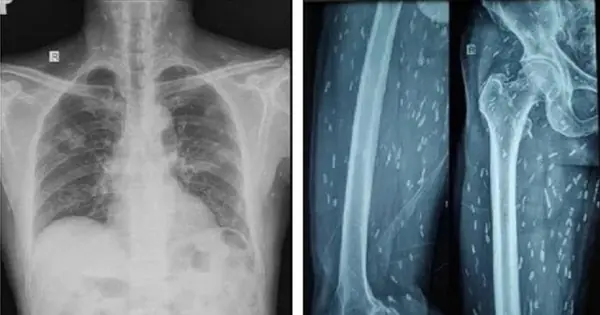
Rashes All Over the Body Because of a Favorite Dish Many Are Addicted To
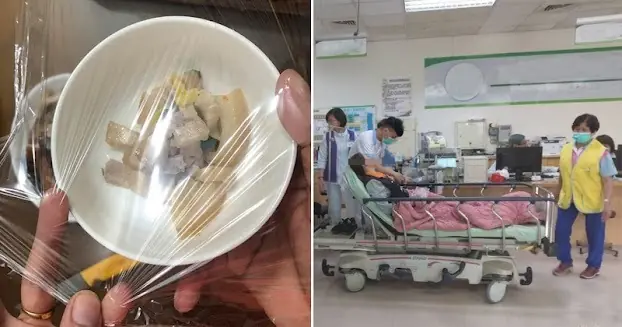
My Mother’s Silent Sacrifice: Saving Money by Cooking One Meal a Day
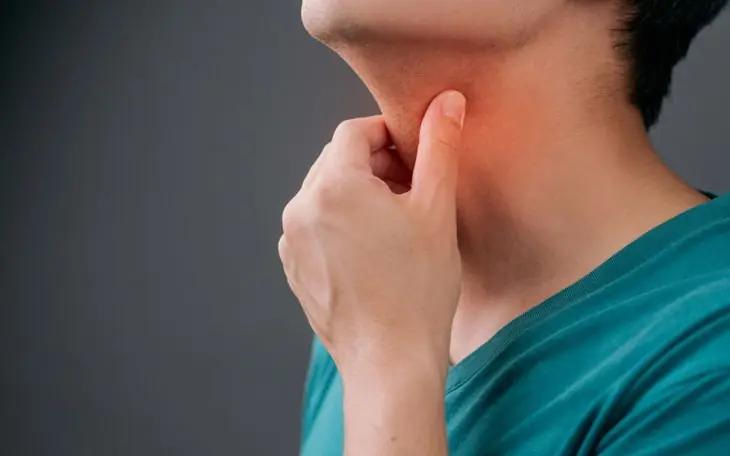
A 40-Year-Old Man Died from a Sore Throat After 7 Rounds of Chemotherapy – Doctors Urgently Warn: Throw Away These 2 Items from Your Fridge
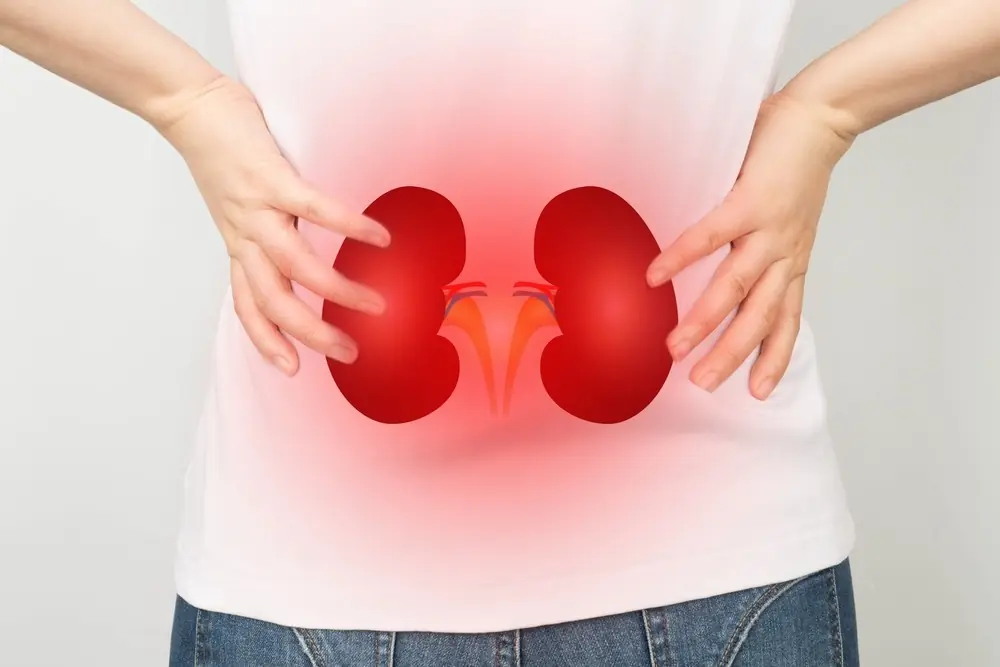
5 Signs of Kidney Failure That You Should Never Ignore – Bad Breath Even After Brushing Could Be One
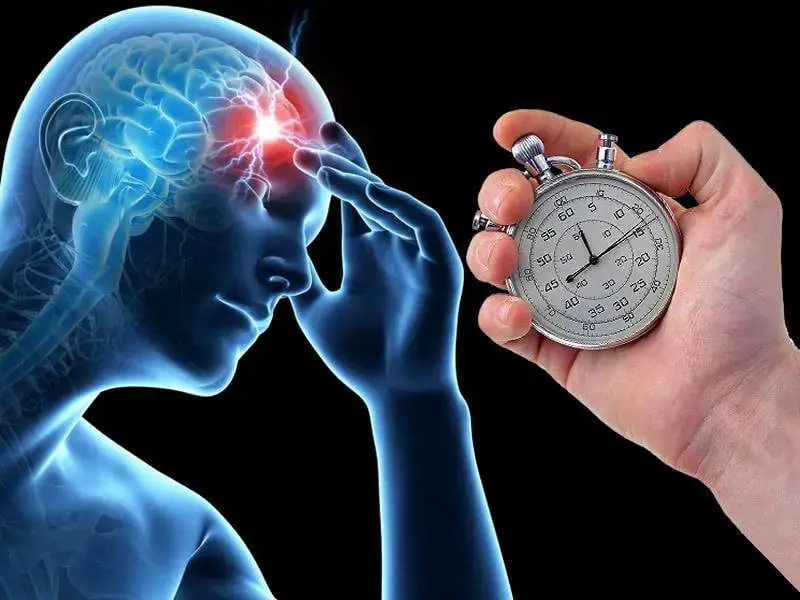
About 15 Minutes Before a Stroke, the Body Often Sends 4 Clear Warning Signs: Call for Help Immediately

9 Food Combinations That Can Become 'Toxic'—Some Even Classed as Group A Carcinogens: Doctors Advise Avoiding

Age 40 Is a Critical Turning Point for Longevity: 4 Sleep-Related Signs That May Indicate Shorter Lifespan and Health Risks
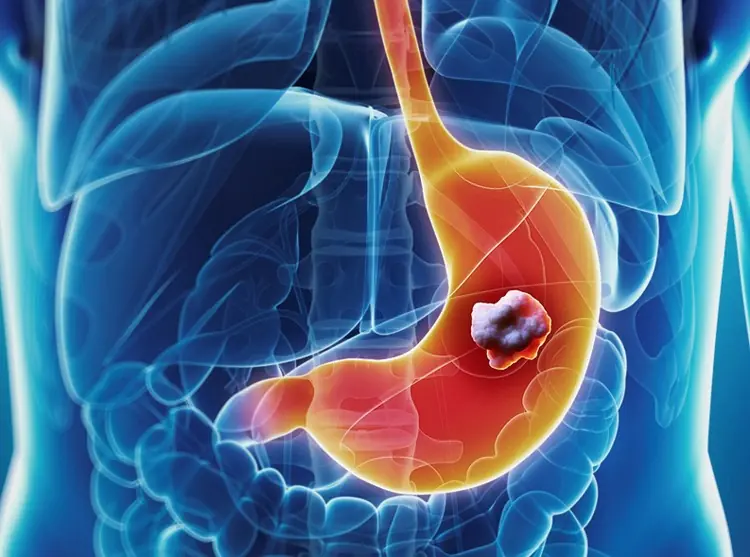
7 Early Signs of Stomach Cancer Everyone Should Know to Prevent Metastasis
News Post
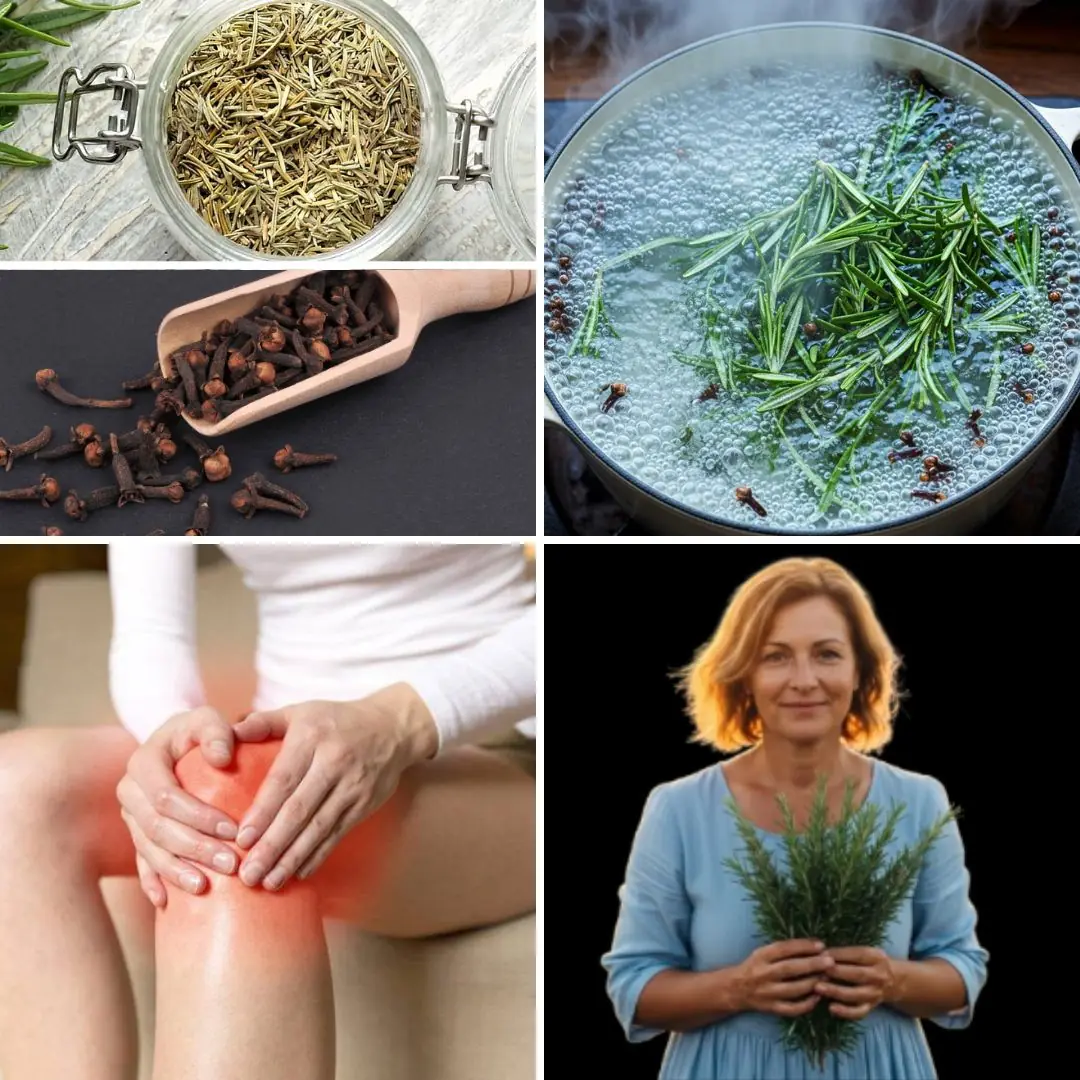
From Struggling to Walk to Running Like a Child: How Lemon and Carrot Can Transform Joint Health

My Mom Kicked My New Boyfriend Out of the House — She Had No Idea Who His Father Was

"My Future Daughter-in-Law Rejected My Handmade Engagement Gift—Then Demanded My Priceless Emerald Ring Instead"

10 Signs of Pancreatic Cancer You Should Never Ignore

Poop and Colon Cancer: Warning Signs To Look For And When To Seek For Help

How to Remove Blackheads and Whiteheads from Nose and Face Naturally at Home – With Vaseline and a Simple Trick

The Natural Remedy They Call “The Cancer Eliminator”: Say Goodbye to Cancer Cells and Eye Problems

Placing Two Fingertips Together to Detect Lung Cancer: A Quick Test Doctors Use

26-Year-Old Woman Dies After Eating Hot Pot: Warning About Two Things That Should Never Be Shared While Eating Hot Pot

Feeling pain in these “areas” could mean cancer cells are ‘awakening’ — both men and women shouldn’t ignore it

A 70-year-old elder let a stranger stay overnight — at night, the village woke up to her screams. When they found out what happened, they shuddered

I found a little girl by the railroad tracks, raised her, but after 25 years her relatives appeared

A woman left a baby at the doorstep of an orphanage in the freezing cold. But after some time…

After 25 years, the father came to his daughter’s wedding — but he was turned away… And moments later, the crying spread among everyone present

Honey, I gave your sister the trip voucher, she needs it more — she’s going through a crisis, — her husband blinked innocently, having stolen his wife’s vacation

Ginger Tea After 50: A Gentle Daily Ritual to Support a Healthy Heart

Inside the Chemical War Zone: How Your Stomach Handles Hydrochloric Acid Without Self-Destructing
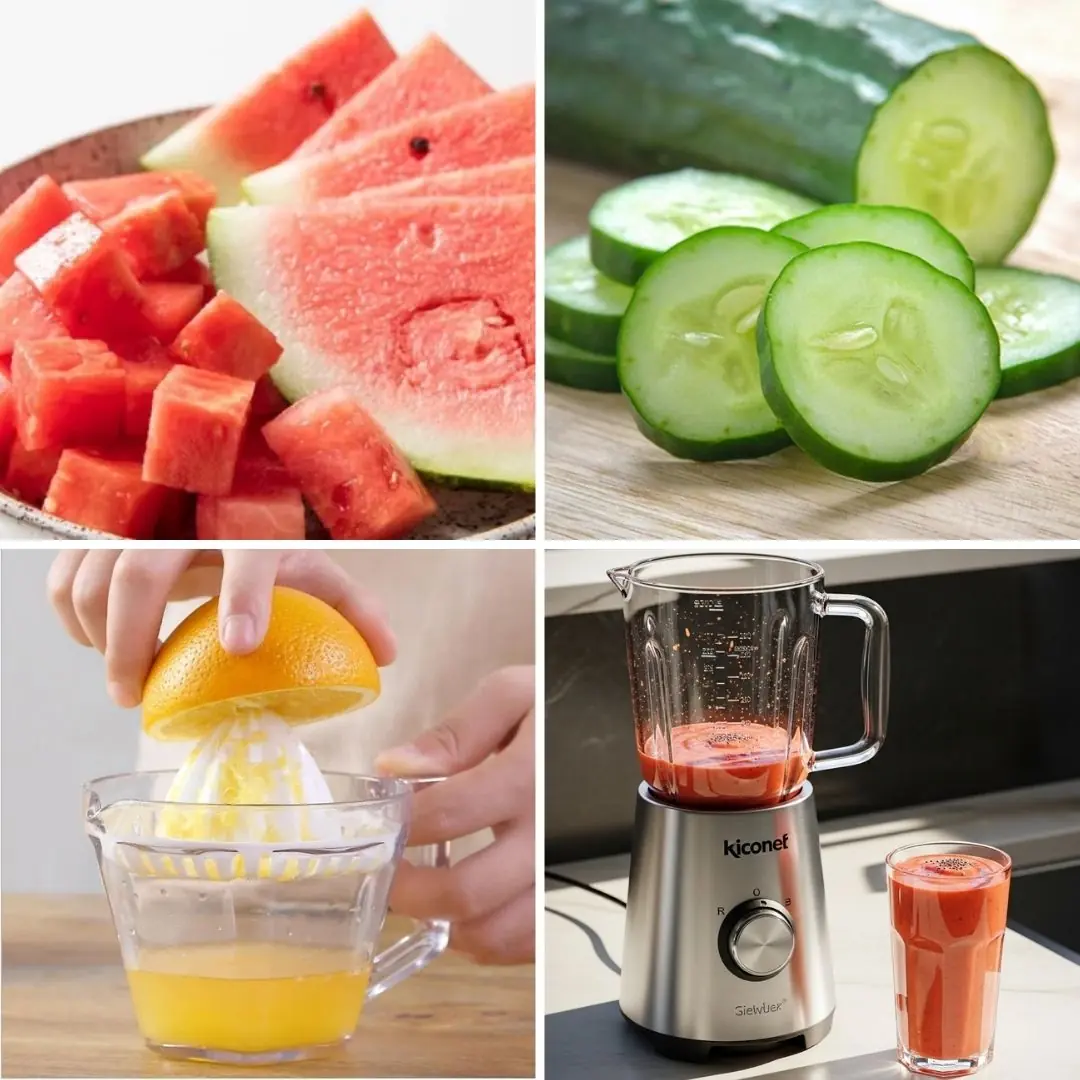
Naturally Eliminate Kidney Stones and Cleanse Your Kidneys with This Powerful Mix
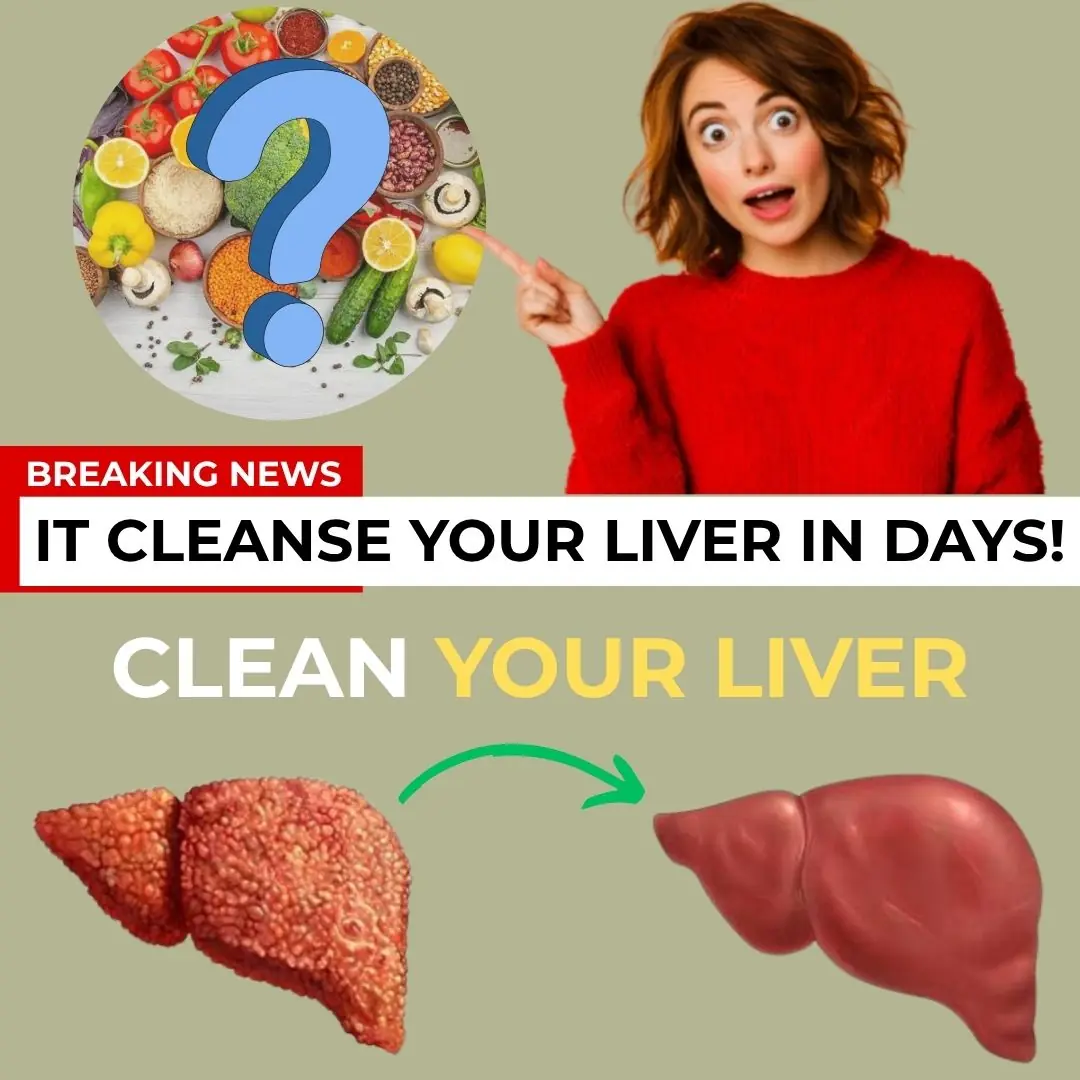
The BEST 11 Foods to Clean Out Your Liver!
